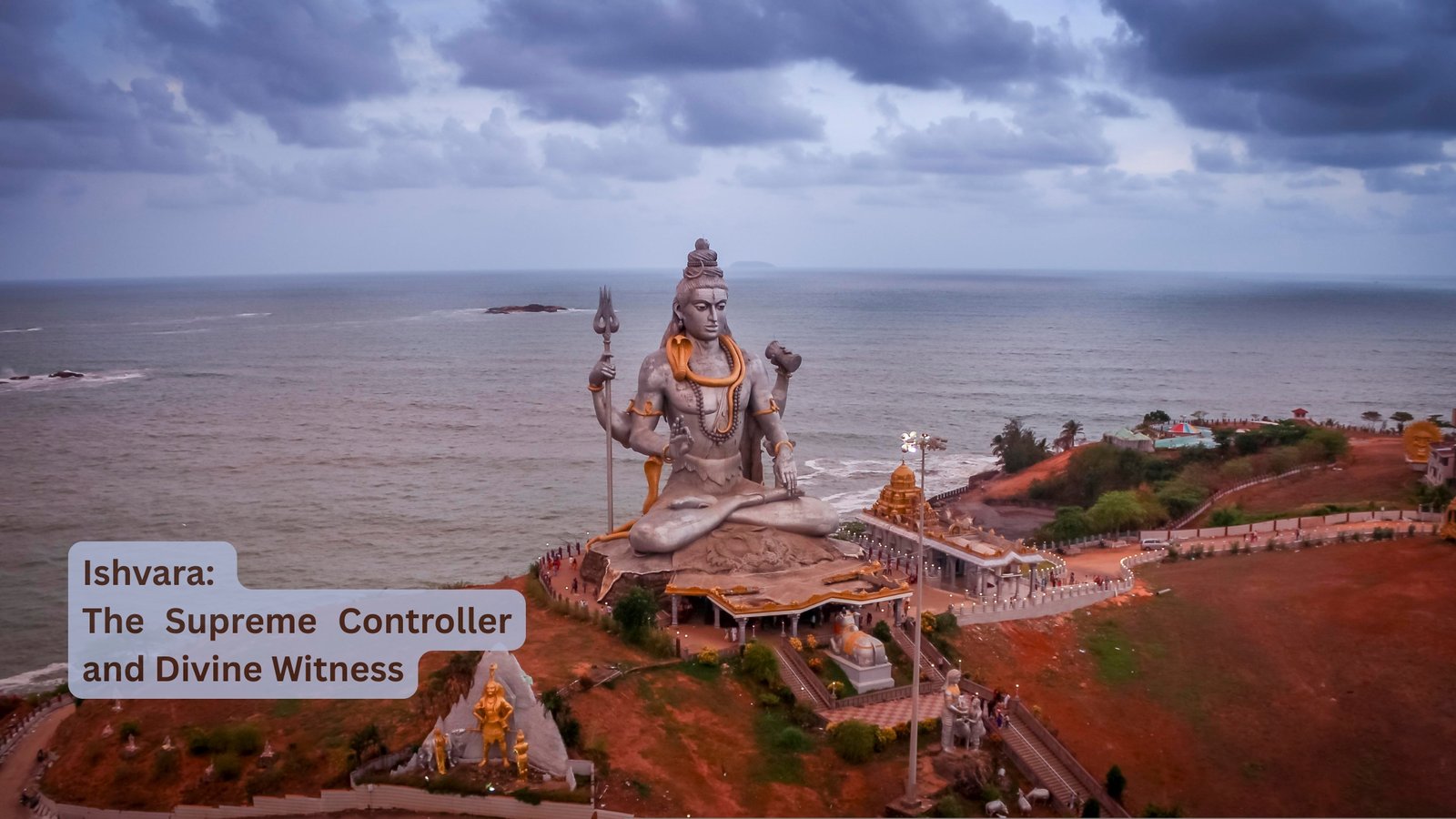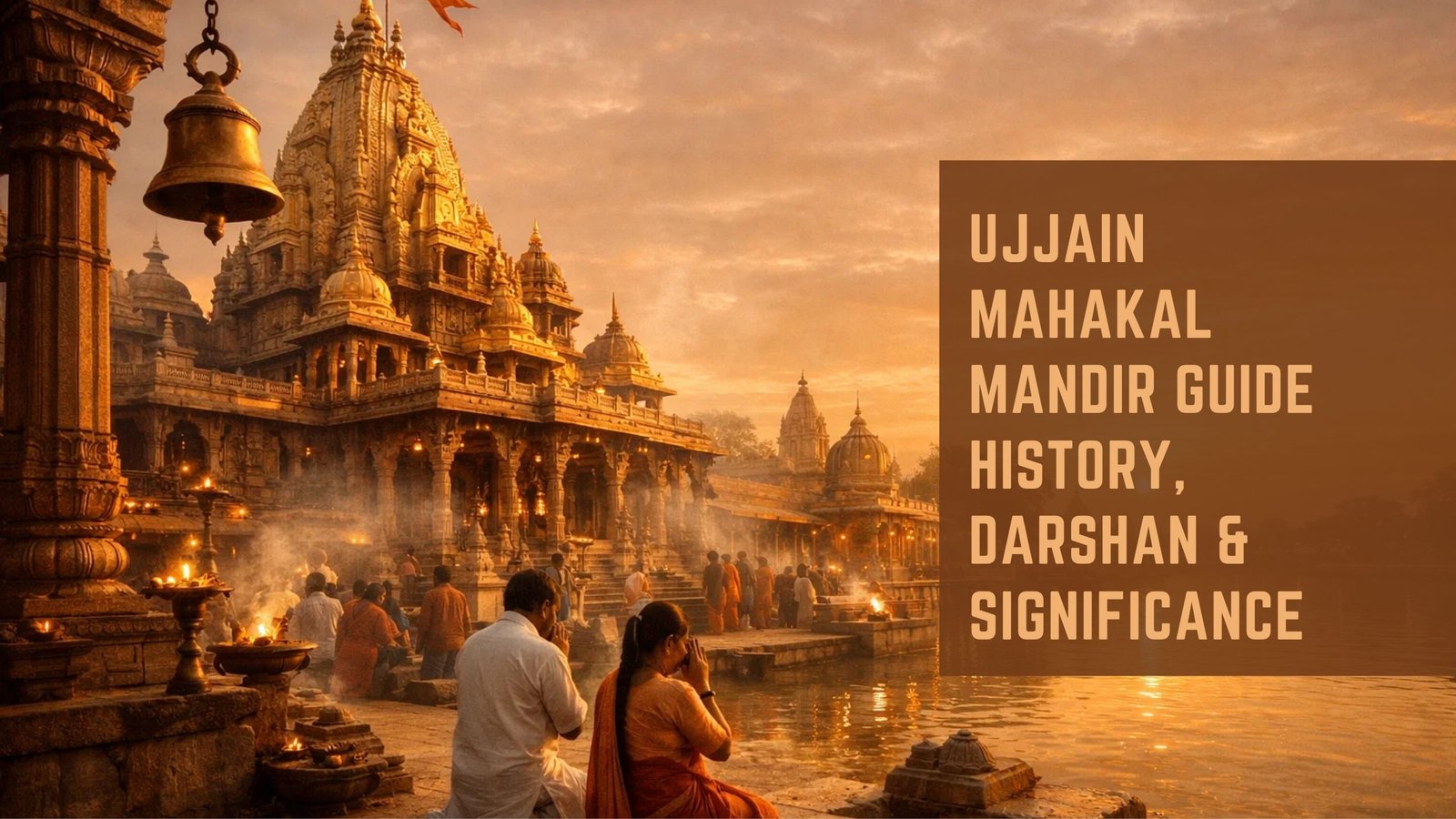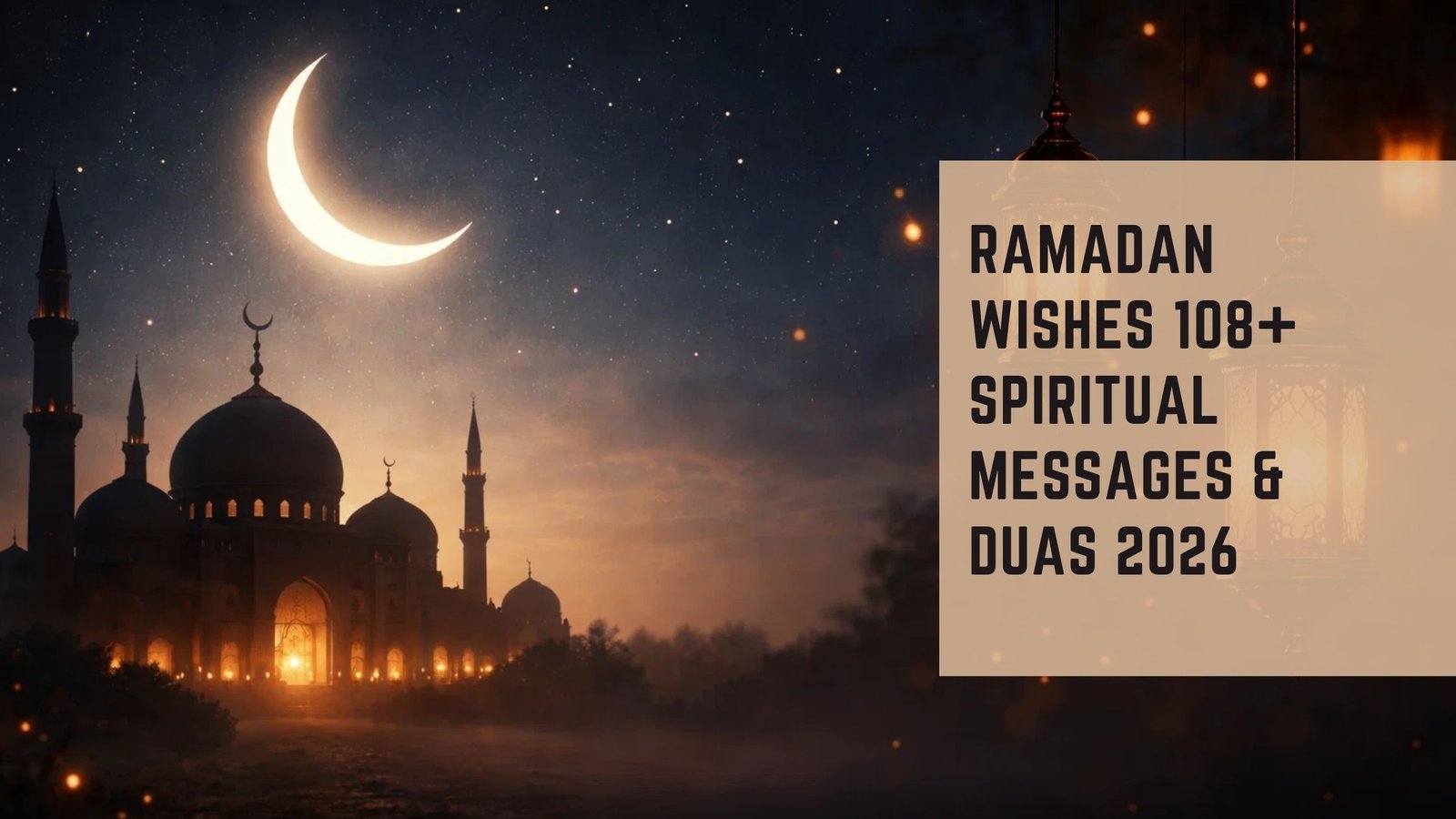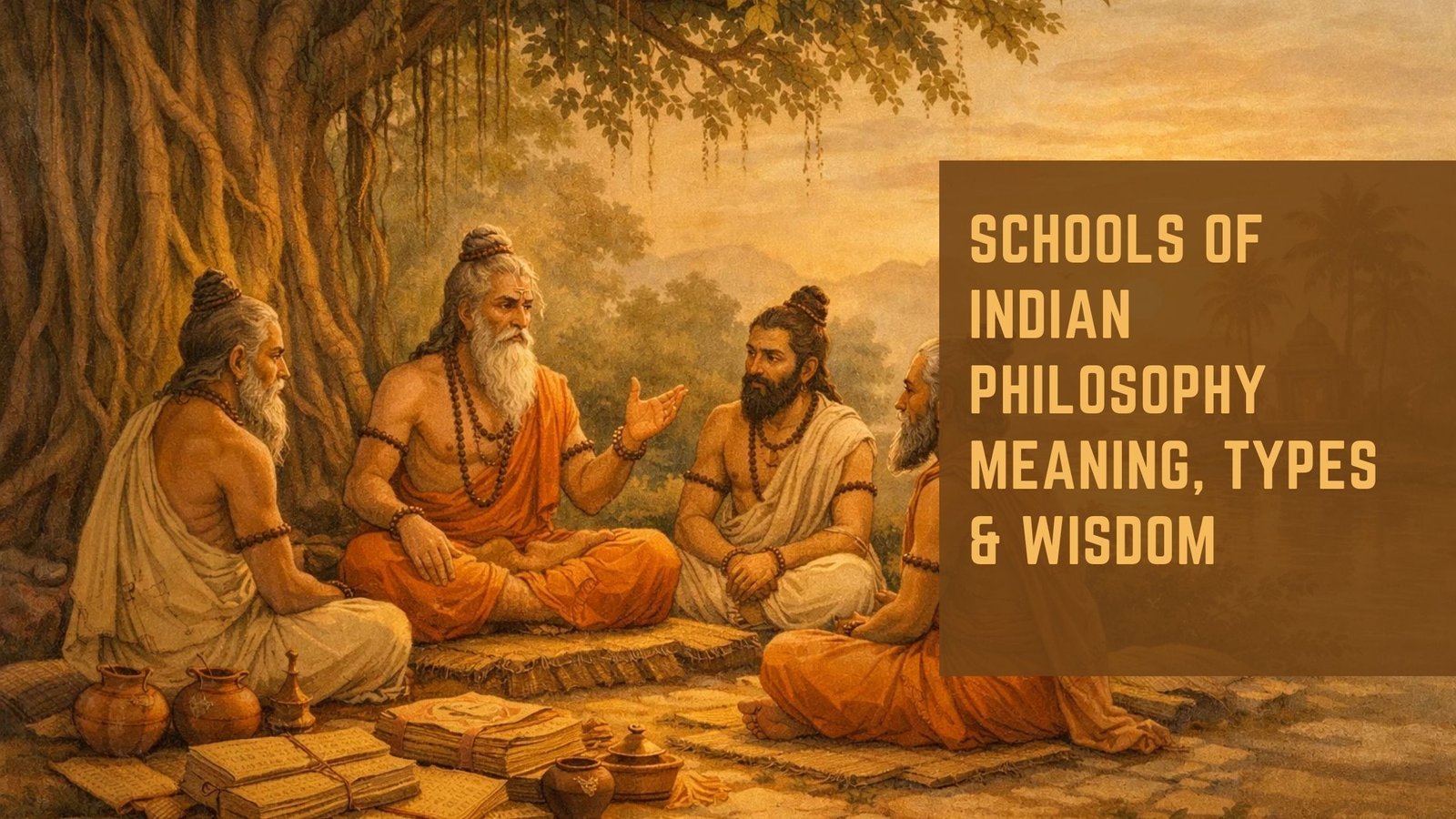In the heart of Sanatana Dharma lies the profound concept of Ishvara — the Supreme Being, the ultimate controller of the cosmos, and the divine witness to all actions and experiences. Unlike a distant creator, Ishvara is both immanent and transcendent — pervading all that exists while remaining beyond the reach of the material senses.
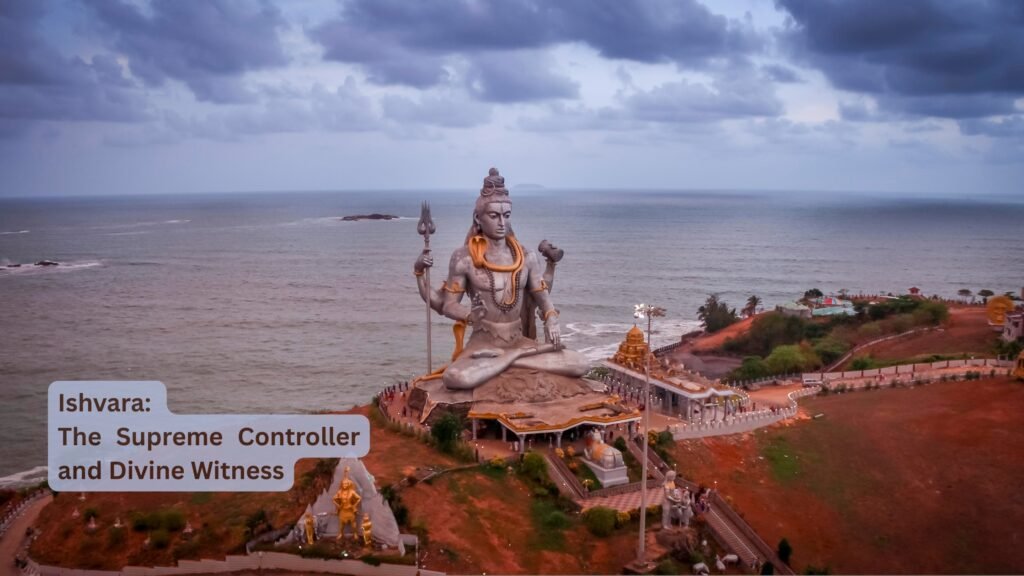
To understand this is to delve into the essence of existence, the nature of the soul, and the spiritual journey toward union with the Divine. Ishvara is not merely a philosophical idea but a deeply personal and experiential truth that unfolds through spiritual practice, devotion, and selfless action.
Table of Contents
Ishvara in Vedanta
In Vedantic thought, This is the Supreme Purusha — conscious, eternal, blissful, and full of divine attributes. Often equated with Bhagavan, Ishvara is the intelligent cause behind the creation, maintenance, and dissolution of the universe. While Brahman is the formless absolute, Ishvara is Brahman with attributes (Saguna Brahman) — accessible, lovable, and relatable to the human heart.
“I am the source of all spiritual and material worlds. Everything emanates from Me.” — Bhagavad Gita 10:8
Thus, Ishvara is not separate from us, but is the innermost Self — our eternal companion and guide.
The Path of Karma Yoga
The path of Karma Yoga — the yoga of selfless action — is rooted in the recognition of Ishvara as the divine enjoyer and witness of all karma. When we perform our duties without attachment to the results and dedicate every action to the Divine, our actions become purified and spiritually uplifting.
“Whatever you do, whatever you eat, whatever you offer or give away, and whatever austerities you perform — do that, O son of Kunti, as an offering to Me.” — Bhagavad Gita 9:27
Karma Yoga transforms our daily life into a sacred offering. It dissolves ego, aligns our intentions with dharma, and leads us closer to the divine presence. Through this path, we cease to act for personal gain and begin to serve as instruments of the Divine Will.
The Journey of Devotion: Seven Stages of Love
For devotees, This is the object of unconditional love and surrender. In Bhakti Yoga, the Divine becomes the beloved — whether in the form of Krishna, Rama, Shiva, or Devi. This sacred love evolves over time and deepens through experience, trials, and grace.
This journey can be beautifully understood through the Seven Stages of Love:
- Attraction – The soul feels drawn to the Divine.
- Infatuation – A longing to know and feel the Divine presence grows.
- Love – The heart develops emotional devotion.
- Trust – Faith becomes unshakable.
- Worship – Every act becomes an offering.
- Surrender – Ego dissolves; divine will prevails.
- Union – Oneness with the Divine is realized; duality vanishes.
This journey mirrors the path of the soul toward eternal union.
Ishvara as the Divine Witness
Another essential aspect of Ishvara is the role as the divine witness (Sakshi). The Divine observes without interference, allowing free will while recording all actions. This observation is impartial and infinite, guiding karma and destiny without imposing force.
“He is the overseer, the permitter, the supporter, the enjoyer, the great Lord…” — Bhagavad Gita 13:23
Understanding this inspires mindfulness and moral accountability in our actions. When we recognize that the Divine is present in every moment — watching, loving, and guiding — our life becomes more purposeful.
Ishvara in Everyday Life
We don’t need to renounce the world to realize Ishvara. The Divine is present:
- In the smile of a child,
- In the quiet wisdom of the elderly,
- In the stillness of meditation,
- In the songs of birds,
- And in selfless service to others.
To see the Divine, we must cleanse the mirror of the mind through sadhana (spiritual practice), seva (selfless service), and shraddha (faith). Whether through Karma Yoga, Bhakti, or Jnana, every spiritual path leads to the lotus feet of the Divine.
ईश्वर हमारे अंदर है, बाहर नहीं; उसे अनुभव करो, खोजो नहीं|
“God is not far from us. He is the breath in our lungs, the thought behind our silence, and the stillness within our soul.”
ਜਿਸਨੇ ਆਪਣੇ ਆਪ ਨੂੰ ਪਛਾਣ ਲਿਆ, ਉਸਨੇ ਹੀ ਇਸ਼ਵਰ ਨੂੰ ਜਾਣ ਲਿਆ|
He who has recognized his own self, has truly known the Divine.
Ishvara is the eternal friend, the silent witness, the compassionate Lord, and the ultimate goal of all paths. In surrendering through Karma Yoga, in loving through the Seven Stages of Love, and in remembering the Divine in all we do, we walk the path of truth and liberation.
To realize Ishvara is not to reach somewhere far, but to return to what is already present within — our purest self.
🙏 Continue Your Journey with the Wisdom of the Gita
👉 Discover More at Life Lessons from the Gita
